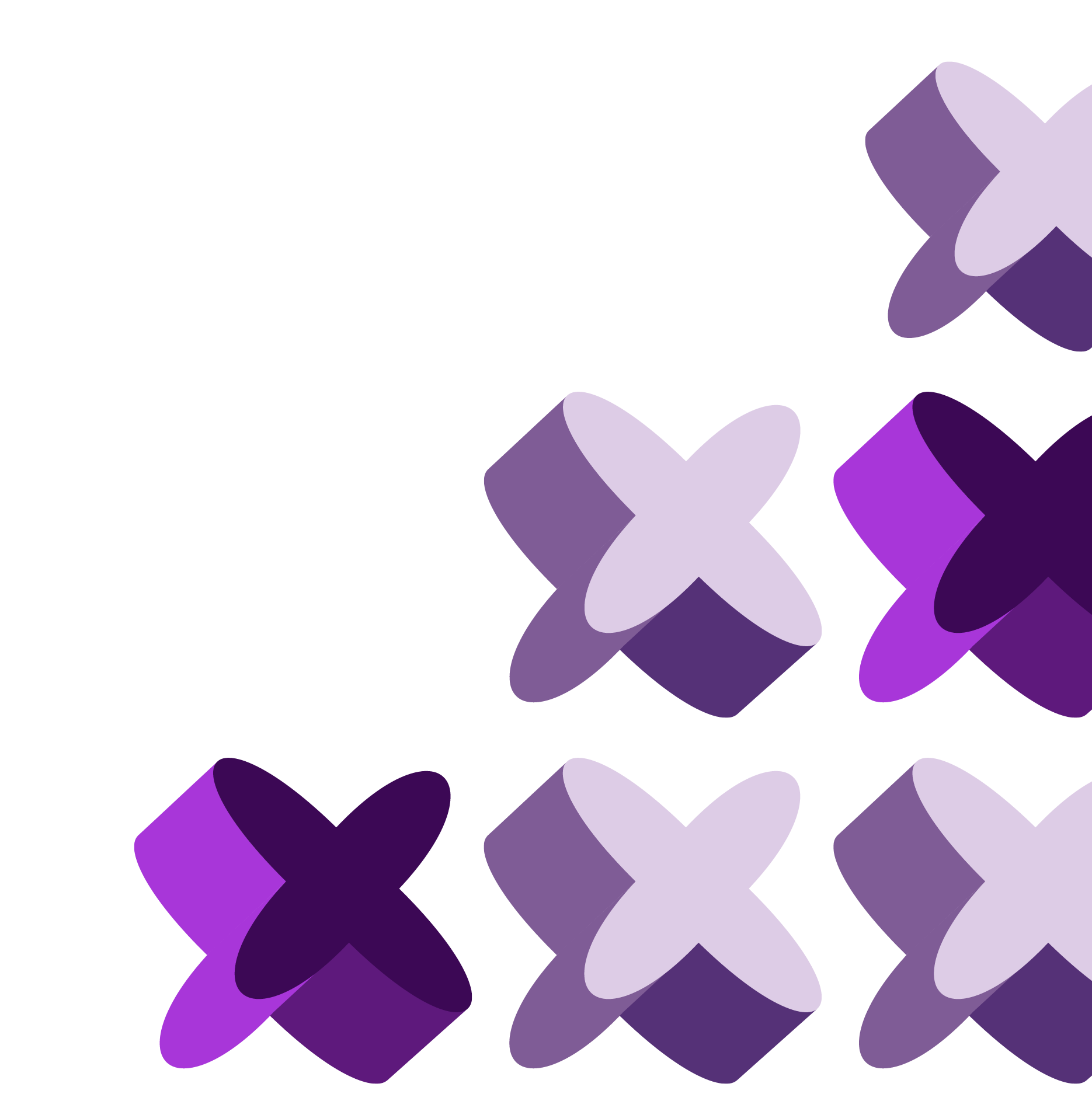How Gen Z
Is Reshaping the Loyalty Landscape Forever

People born between 1997 and 2012 belong to Generation Z, also known as Gen Z. This generation currently represents 25% of the world’s population and has $7 trillion in purchasing influence, according to the . Gen Z is expected to make up 27% of the workforce by 2025.
But why do these numbers really matter in loyalty marketing? They do because these individuals are now active in the job market, earning their own money, and have already developed their shopping behaviors.
Another interesting statistic is that 30% of Gen Zers would switch their favorite brand for a new product or service. This generation grew up during a global pandemic, lockdowns, the rise of terrorism, and various financial challenges, which has made them more skeptical about where they spend their money.
This instability regarding their consumer choices has led to the concept of “disloyalty.” This term highlights how versatile they can be if their “go-to” brand or product no longer meets their needs.
But is this perspective entirely accurate? Do Gen Zers simply go with the flow when it comes to their shopping preferences?
The short answer is “no.” The long answer is that Generation Z has higher expectations from the companies they give their money to. They don’t just expect appreciation and recognition, as previous generations did; they also demand a strong brand identity, shared values, and a way to integrate their favorite company’s loyalty program into their digital lifestyle.
Here are some key strategies you should consider incorporating into your loyalty program to boost engagement and increase sales from Gen Z customers.
Personalized Perks
According to , 66% of Gen Z customers want personalized recommendations from an app while browsing in-store. At the same time, an impressive 50% are willing to share their data to receive more personalized rewards.
Personalization in loyalty programs heavily relies on customer data. If brands have the right insights, they can build tailor-made campaigns and offers to engage their audience more effectively.
A great example is EasyJet. After analyzing 20 years of customers' travel data, they created highly personalized stories and sent them via email. These emails, filled with interactive content, achieved a 100% higher open rate than average and a 25% higher click-through rate. Not bad, right?
ESG Activities
Ninety-one percent of Gen Zers are willing to pay more for brands that support the causes they care about, according to the . Issues like ethical manufacturing, fair employee treatment, and eco-friendly practices resonate deeply with them.
They value brand initiatives that focus on environmental, social, or governance (ESG) impact and seek to be part of communities that give back to society.
An excellent example is Beauty Insider, , which in 2020 allowed members to convert their points into donations for the National Black Justice Coalition. Sephora’s initiative led to a total of $1 million in donations, receiving positive reactions across social media for its commitment to social causes.
Connection with Social Media
Gen Zers are heavy social media users. They turn to these platforms for inspiration, product research, and connections with their favorite brands. This is why they expect loyalty programs to be seamlessly integrated with social media.
They love creating and sharing user-generated content (UGC) for brands they feel connected to. Here are a few strategies to encourage this:
- Content Contributions: Encourage customers to submit reviews, photos, and videos, or participate in Q&A sessions in exchange for loyalty points.
- Contests & Challenges: Set tasks for loyalty members, such as uploading the most creative story about a recent purchase, with the best entry receiving a special reward.
- Reward Top Contributors: Recognize your most active loyalty members by offering extra rewards for their engagement, such as sharing posts or promoting your brand on social media.
Seamless Multi-Channel Experience
When a Gen Z customer wants to make a purchase, they usually start their research online. However, that doesn’t mean they avoid in-store shopping. In fact, they appreciate a "phygital" experience that combines elements of both digital and physical retail.
Gen Z values a seamless experience across all touchpoints, whether online or in-store. Solutions like integrating their loyalty card into their Google or Apple Wallet can significantly enhance their shopping experience. This allows them to easily redeem points, check balances, or scan QR codes directly from their smartphones.
Gamification for Higher Engagement
According to a , 65% of Gen Z customers have spent money on virtual items in video games. That’s a number you can't ignore!
Gamification in loyalty programs drives engagement and can be implemented in various ways, such as challenges, rewards, collectibles, or interactive elements like spin-the-wheel offers.
A prime example is KFC's , which resulted in a 40% reward redemption rate, a 53% increase in app downloads, and a 26% increase in weekly active users.
Referral Programs
Gen Z is accustomed to sharing content with friends, so they are naturally inclined to engage with brands that use referral systems in their loyalty programs.
According to , Gen Zers are twice as likely to buy a product based on referrals from friends compared to older generations.
Incorporating social media influencers as brand ambassadors can further enhance the effectiveness of your referral programs. This strategy will not only increase your ROI but also strengthen your relationship with loyal customers who actively promote your brand.
Gen Z has revolutionized the concept of loyalty marketing. Their close ties with technology and social media, along with their high expectations for brand values, present new challenges and opportunities for brands.
While cashback offers are still important to Gen Z, they also want excitement, respect, and personalized experiences once they join a loyalty program.
Authenticity, transparency, and inclusivity are values they prioritize. If your loyalty program doesn’t reflect these values, you risk losing engagement from this influential generation as they enter the job market and wield greater financial power.
No cap!

